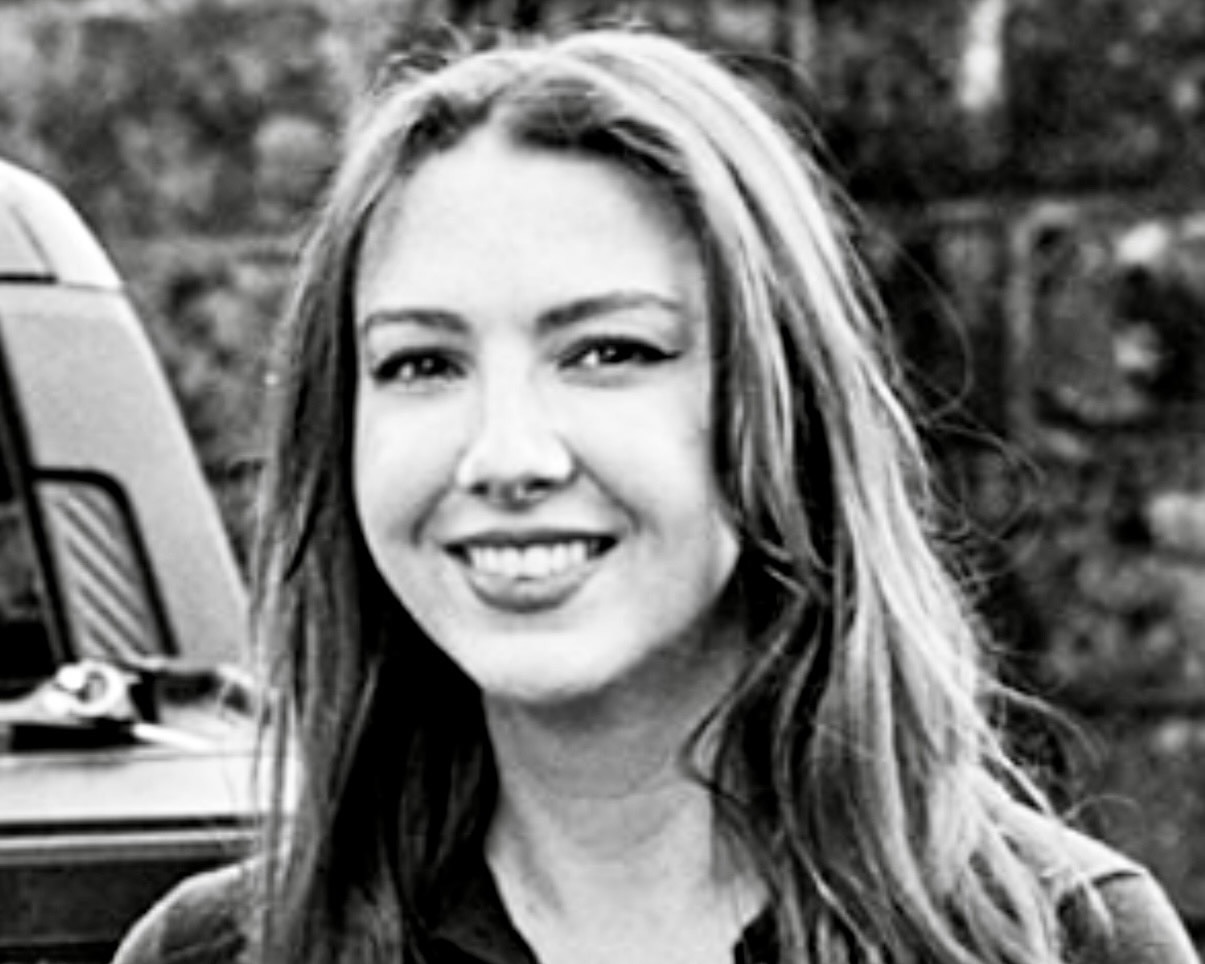Mallory Carroll ’15 brings humanity to technology at Google

Mallory Carroll ’15 took what she learned through her sociology and anthropology (SOAN) major at the College into her career—and now she’s at Google, working to make technology more equitable for underrepresented populations.
During Carroll’s time at the College, she cycled through a few possibilities for her major. After taking a SOAN class during her sophomore year, she knew that’s what she wanted to study.
“I was so fascinated and enthralled by everything we were talking about and reading,” Carroll said. “The major really opened my worldview and helped me gain a lot more perspective and empathy.”
The senior SOAN seminar Carroll took changed her life. Her classmates were people from diverse backgrounds with different perspectives on life, and she learned how to think critically—a skill she continues to use in her career.
“It was so interesting to be able to craft an argument with data, facts, and your own lived experience and then be able to discuss that with other students and get to know them,” Carroll explained.
Carroll’s SOAN courses helped her gain confidence and look internally to question how her background and identity influence her perspectives and how she interacts with other people.
After graduating, Carroll worked in market research and consulting. After a few years, she began looking into the user experience (UX) field, which is focused on creating products, systems, and services that are useful, usable, and enjoyable for people to interact with. She spent six months teaching herself what she needed to know and then landed a job in the field at Tripadvisor.
When the company sent customers a general survey about their safety when traveling, Carroll knew they were missing a large piece of the puzzle.
“If we travel alone, I travel completely differently than my husband does, and my girlfriends travel very differently from men who travel alone,” Carroll said. “I thought, ‘Why aren’t we looking at this data by age, gender, race, economics, and all the other factors that affect your lived experience?’”
The confidence Carroll gained from her SOAN classes encouraged her to push boundaries and fight the status quo; she and a colleague wrote an open letter to Tripadvisor’s CEO advocating for the inclusion of identity, society, and cultural factors in their research.
“I had an opinion that was based not only on facts and data, but on real people’s experiences, Carroll said. “I took that holistic story and shared it in hopes of getting people on board with my idea.”
And they did get on board: Carroll began leading a new team focused on audience growth, specifically looking at product inclusion and equity. They created tags for businesses designating if they are women-owned, LGBTQ+-owned, etc., and other features that still exist on the site today.
“I'm one of the people that has the power to make important decisions and build this technology that impacts billions of people. That's a big responsibility, and I'm not going to waste that privilege. I want to make an impact where I can.”
Seeking job stability during the COVID-19 pandemic—when people stopped traveling—Carroll moved to a new role at Google, where she began a new team focused on audience growth. Her work focuses on gender inclusion and reaching new audiences for Google’s wearable technology and phones.
Different audiences have unique needs, and Carroll’s goal is to reach new audiences in a relevant and compelling way. One area she focuses on is women’s health and safety and adding features to technology that improve those facets of life for women. Carroll also started a new program called “Google Player Labs,” where she is working with professional women athletes across the WNBA and NWSL, helping to build solutions that address the needs of women athletes, like training, tracking health metrics, and more.
“My role involves both research and product strategy,” Carroll explained. “My work is to determine how we build solutions that meet the most critical needs for women across different lifestages, and once we launch something, we need to make sure it works well for all types of people across culture, community, and economic factors globally.”
Carroll’s genuine passion for the work she does stems from inequities she has experienced personally throughout her life and those she has learned about secondhand. For example, the fact that women are underrepresented in most clinical trials, even for diseases that disproportionately impact them.
“Women—specifically women from marginalized communities—give the most to and are the foundation of society but are supported the least,” Carroll said. “It's not fair, and it's not equitable.”
Being in the room where decisions are made that can help address some of these gaps in the tech field is a privilege that is not lost on Carroll.
“I'm one of the people that has the power to make important decisions and build this technology that impacts billions of people,” Carroll stated. “That's a big responsibility, and I'm not going to waste that privilege. I want to make an impact where I can.”
One of Carroll’s goals is to bring more people into that room to ensure the tech they are building really does benefit everyone, not just the people who are creating it.
“Even though my work is focused on gender disparity, the ability to impact so many people's lives and create more opportunities with tech is extremely exciting,” Carroll said. “There's so much opportunity for tech to be able to support a lot of unmet, unique needs that women have and provide tools for women—and people in general—to live better lives."

